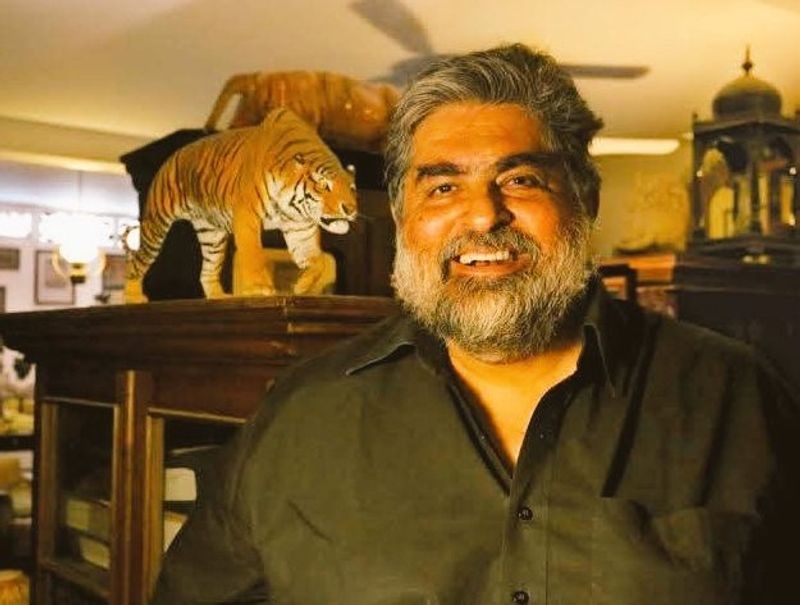
Follow WOWNEWS 24x7 on:
Updated: May 31, 2025 17:54

Valmik Thapar, one of India’s most renowned wildlife conservationists, passed away at the age of 73, leaving behind a legacy of tireless advocacy for tiger protection. Over five decades, he dedicated his life to studying and preserving India’s most iconic predator, shaping conservation policies and inspiring generations of environmentalists.
Early Life and Influences
- Born in New Delhi in 1952, Thapar hailed from a family of intellectuals, with his father Romesh Thapar being a journalist and his aunt Romila Thapar a historian.
- He studied at The Doon School and later earned a gold medal in sociology from St Stephen’s College, Delhi University.
- His passion for wildlife was nurtured under the mentorship of Fateh Singh Rathore, a pioneering conservationist associated with Project Tiger.
Contributions to Tiger Conservation
- Thapar co-founded the Ranthambhore Foundation in 1988, focusing on community-based conservation efforts.
- He served on over 150 government committees, including the National Board for Wildlife and the Tiger Task Force.
- His advocacy led to stricter anti-poaching laws and the establishment of protected zones for tigers, ensuring their survival in undisturbed habitats.
Author, Filmmaker, and Educator
- Thapar authored or edited more than 30 books on wildlife, including Land of the Tiger and Tiger Fire, which explored India’s natural heritage.
- He co-produced and presented the BBC documentary series Land of the Tiger, showcasing India’s biodiversity to a global audience.
- His most recent appearance was in the documentary My Tiger Family, reflecting on his 50-year journey with Ranthambore’s big cats.
Legacy and Impact
- Thapar’s work transformed India’s approach to wildlife conservation, emphasizing the need for large, connected landscapes for tiger survival.
- He remained a vocal critic of Project Cheetah, arguing that India lacked the necessary habitat and expertise for reintroducing African cheetahs.
- His passing marks the end of an era in Indian conservation, but his contributions will continue to shape environmental policies and inspire future generations.
Source: Mathrubhumi, News18, MSN.





